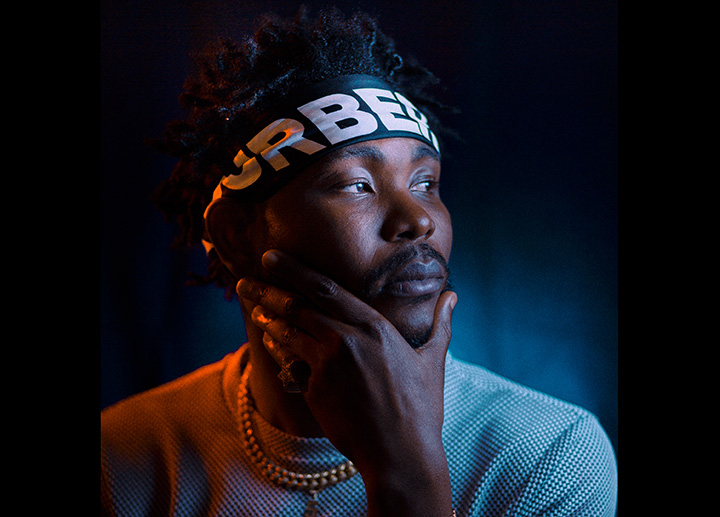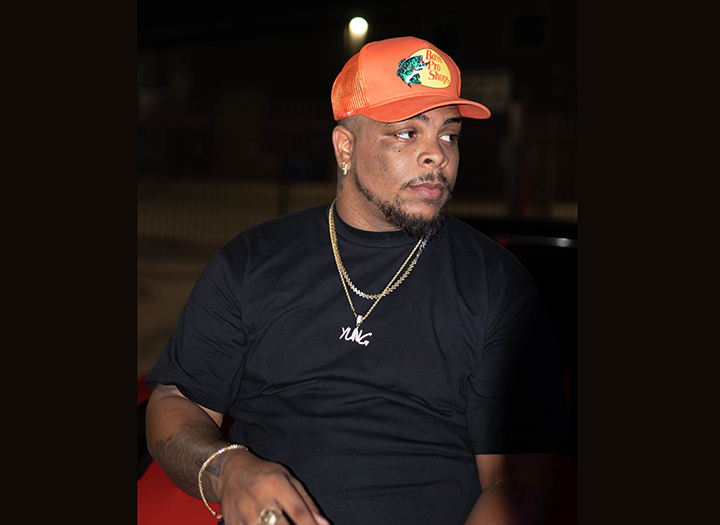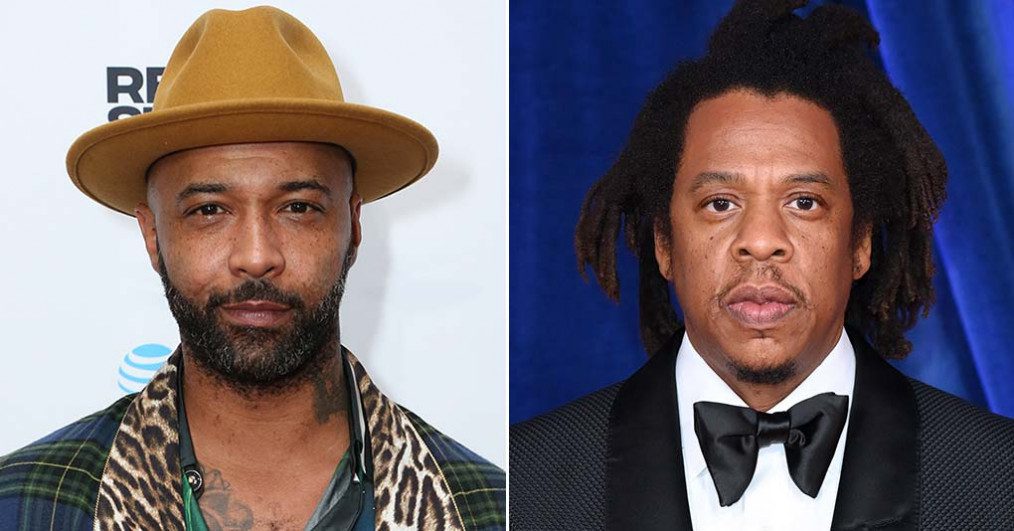Taymor “Tay‑K” McIntyre wasn’t searching for fame—he found it running from the law. Born June 16, 2000, in Long Beach, California, his drift to Arlington, Texas by age 10 immersed him in a world shaped by fractured families and street life. By ninth grade, he dropped out and joined the Daytona Boyz in 2014—a collective where music and mischief collided. His anthem, “The Race”, recorded while evading burglary charges in 2017, shot up to #44 on Billboard’s Hot 100 . In that verse, he provoked his own capture—“I didn’t beat that case, I did the race.” He didn’t just rap; he lived the narrative.
With his face in the spotlight—and on the run—Tay-K was captured months later, charged with a 2016 home invasion in Mansfield that ended in Ethan Walker’s death. By July 2019, he was convicted of capital murder and handed a 55-year sentence. But the saga escalated: during his flight, Tay-K was linked to a 2017 murder in San Antonio—where he allegedly lured and killed Mark Saldivar. Surveillance video captured the chilling moment.
In April 2025, another jury weighed in—not on capital murder, but on regular murder. Still, the result was harrowing: an additional 80-year sentence . The man whose fame was built on evasion and rap notoriety was now locked behind bars for the long haul. His rise was as meteoric as his downfall brutal—two hits on his record, two decades behind him.
Courtroom Tensions and Final Appeal Denial
The arrest and earlier convictions didn’t get final closure until June 2025. Tay-K’s legal team filed a last-ditch effort—a motion for a new trial in Bexar County—arguing prosecutors withheld key information about Johanna Reyes, the driver in the San Antonio murder. They alleged Reyes broke bail conditions in 2018, rendering her testimony less credible .
The defense exposed what they claimed was prosecutorial misconduct—a misleading suggestion that Reyes had remained free of violations. Judge Stephanie Boyd disagreed, deeming it insufficient to warrant a new trial and denying the motion on May 23, 2025 .
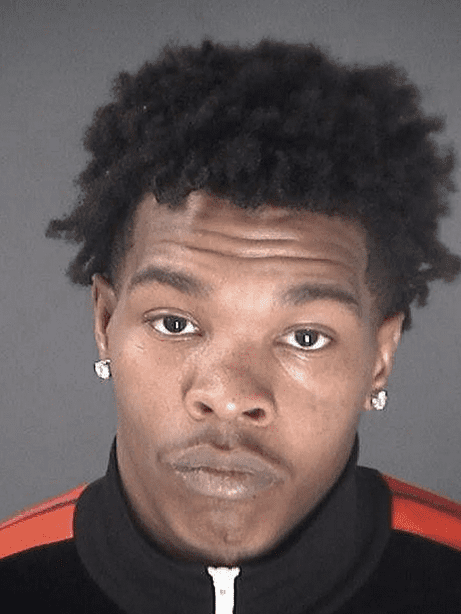
The decision effectively sealed his fate, eliminating any realistic appeal in Texas. Critics argue the verdict reflects systemic failures that penalize young Black defendants; supporters of the conviction say both trials were fair, deliberative, and necessary. Courtroom emotion peaked when defense counsel was struck with a rebuke for aggressive cross-examination of Reyes—violent tension erupting from years of trauma and fame .
With no path left in Bexar courts, Tay-K’s next hope rests with federal appeals. At just 24, the rapper who turned escape into a charted song now faces decades behind prison walls, his teenage defiance eclipsed by a lifetime behind bars.
Rap Lyrics as Evidence: A Dangerous Precedent
Tay-K’s case marks a new battleground in legal history: turning rap lyrics into courtroom documentation. “The Race” functions like an audio debriefing—a narrative confession. That moment when art becomes evidence is what turns albums into legal landmines .
During his trials, his own lyrics served as narrative context and emotional evidence. In 2025, there is little doubt courts will revisit his catalog. Other artists facing similar legal scrutiny have had their verses used as proof. The debate intensifies as civil rights leaders and rappers like Jay‑Z and Meek Mill push for protections that keep art off the stand unless it directly ties to a crime .
But prosecutors maintain: lyrics matter—especially when they mirror criminal action, reference real victims, and coincide with surveillance or testimony. In Tay-K’s case, The Reaper and related tracks contained explicit descriptions of violence and flight—eleven lines that, if seized upon, could reinforce official timelines.
Tay-K’s situation underscores a painful truth: being “real” in rap can lead to real legal consequences. For emerging artists, the stakes are higher than they ever were. In court, songwriters may become confessors—an emerging precedent that redefines the boundaries of free speech in hip-hop.
Legacy of a Fallen Teen Star
Once tattooed as a felon and a rapper, Tay-K’s identity is now a cautionary emblem. The 200 million-plus views on “The Race” live on—but it’s overshadowed by headlines about murder and denial of appeals. In court, Bexar County DA Joe Gonzales stated clearly: “Violence doesn’t care if you’re a rapper or realer,” underscoring that fame doesn’t grant immunity .
Discussions surround his case: was this adolescent failure or social failure? Could timely intervention—counseling, mentorship, or youth services—have altered his trajectory? Or was the system right to enforce consequence over compassion?
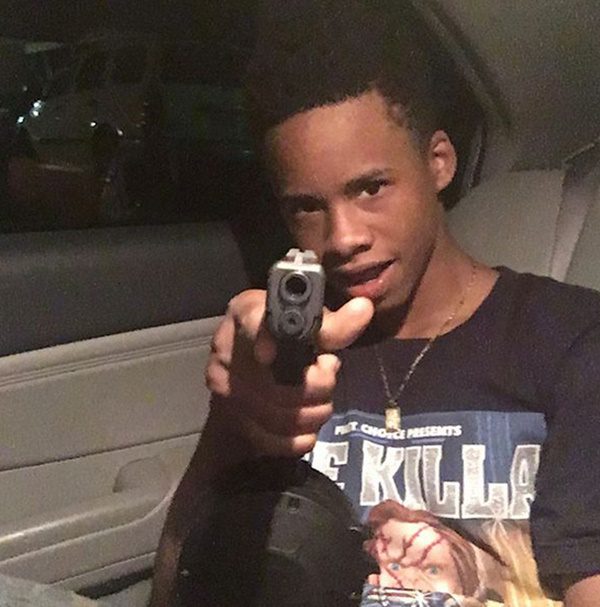
Meanwhile, his music still reverberates. “The Race” is both underrated and infamous—a viral anthem, then an artifact of tragedy. The final appeal being denied only cements his place in legal history. Now, pundits ask: is Tay-K a martyr for artistic exposure, or a young man whose mythic lyricism sealed his doom?
When courts across the nation seek to subpoena bars for admission of guilt, Tay-K’s story stands as warning and artifact. At 24, he is a tragic symbol of rap’s collision with reality. His voice is confined, but his legacy reverberates—blurring lines between storytelling and confession, youth and misdirection, art and accountability.

Raphael Fonge is a journalism graduate from Kennesaw State University, where he published several articles in the university’s newspaper. He has released multiple chapters of creative writing, with aspirations to work in the entertainment industry.
Raphael is a member of the KSU Film Club and the Society of Professional Journalists.
Editor Picks
-
Yella Beezy Arrested for Putting A Bag On Mo3’s Head
-
Kanye West Denied Courtroom Entry While Attempting to Support Diddy During Civil Trial
-
From Viral Fame to Prison Sentence: Silentó Gets 30 Years After Pleading Guilty to Killing His Cousin
-
EBK Jaaybo: The Reaper’s Reckoning in Arkansas
-
Event: June 6th 2025 Theatrical Exhibition Station Six





